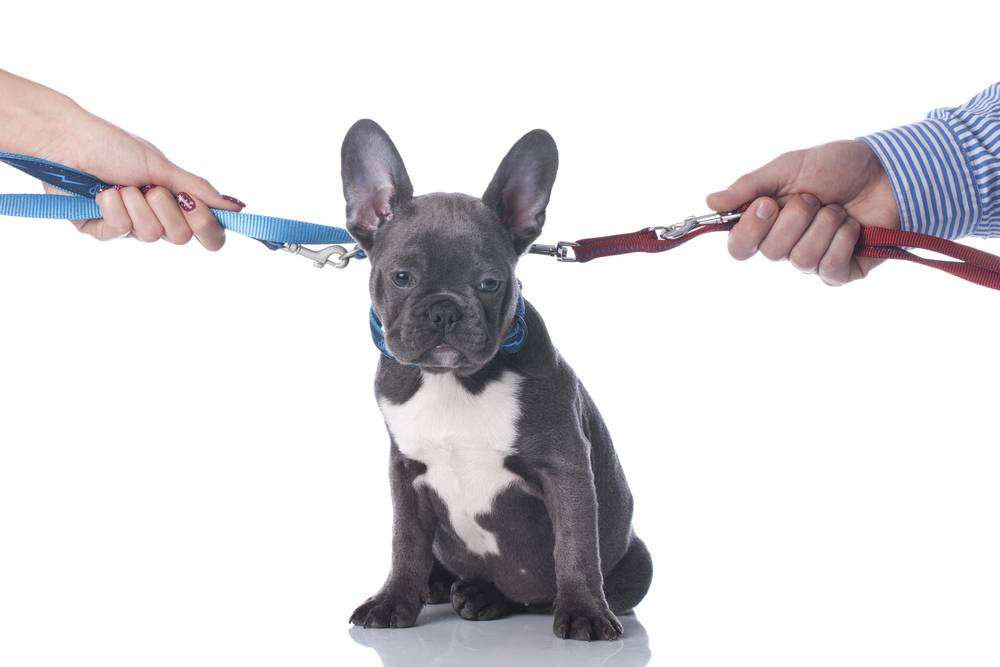Battles over the custody of children, houses, cars or holiday homes are quite ordinary. However, who gets the beloved family dog or the gorgeous cat and kittens, or any other pet which both parties have grown fond of. Can this lead to a custody battle over pets?
Well, for many people their pet carries the same emotional weight as a child. More than a million households have pets, and these owners spend a tremendous amount of resources on the care and comfort of their pets. Many divorcing couples are in disagreements with each other about deciding who gets custody of the pet. While there is some disagreement under the law as to how pets should be considered, there are steps that you can take to evaluate and determine what custody arrangement would be best for your pet and for making a strong argument for custody in a divorce hearing.
Under the law, pets are viewed as personal property that should be assigned to one party or the other. However, more and more courts are looking more closely at the issue of pet custody. While some courts refuse to enforce visitation agreements between divorced pet owners, other courts have asked divorcing couples to submit custody plans that would be in the best interest of the animal. Therefore, while pets are viewed as property, you may be able to negotiate a legally binding agreement as to custody.
If you have children, in addition to a pet, it may be in the best interest of the children and the pet to keep them together. This generally means that the pet stays in the family home, in its familiar setting.
If both parties are truly concerned about the wellbeing of the pet, they should look at both spouses’ schedules and see whether one is better for providing the pet with a healthy environment. Factors to consider when determining whose schedule and housing may be best for a pet include:
· Does one person travel a lot for work?
· Who has a more predictable schedule?
· Are both people living in places where pets are allowed?
· Does one person have more outdoor space for the pet?
· Is one person more able to take care of the pet, because of the work schedule?
If your income is such that you can easily provide the pet with medical treatment, food, a dog walker or any other services and care for the pet, you should make this argument to the court. When gathering evidence for the court, you should include:
· Receipts for veterinary care, pet food, and grooming supplies.
· A plan for pet care if you are hurt or sick.
· Any other documentation regarding the cost of care and maintenance of your pet.
In gathering evidence to show the judge that you are the best person for caring for the pet, include a letter from the vet, character references from family, friends, and neighbours, and references from any pet services you use, such as the dog grooming parlour.
The most logical way of sorting this out would be if a member of the SPCA investigated each specific situation and home to determine what is in the best interests of each specific animal. This function would be similar to that of a family advocate in determining what is in the best interests of a child in divorce and where the child should stay after the divorce.
For direct answers to your specific personal questions, please contact us directly.
Read more about our divorce law services.
Author Samantha Delmoney





